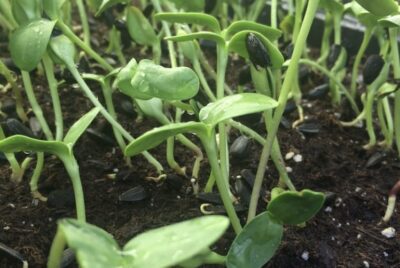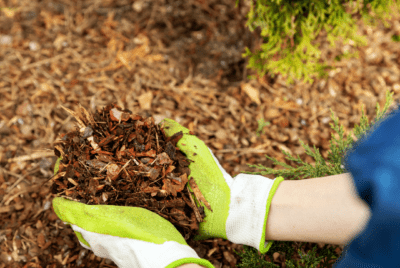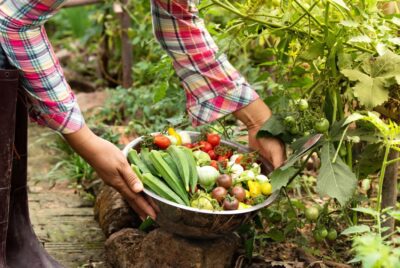RESEARCH
Innovations in Intergenerational Programs for Persons Who Are Elderly: The Role of Horticultural Therapy in a Multidisciplinary Approach
Summary
This article describes an intergenerational program at the Colmery-O’Neil Veterans Affairs Medical Center, focusing on how horticultural therapy is used to bring together middle-aged and elderly veterans. The program’s core is using gardening and plant-related activities as a therapeutic tool. Younger veterans assist older nursing home residents with tasks like planting, arranging flowers, and caring for plants. This provides sensory stimulation, encourages social interaction, and gives participants a sense of purpose. By working together with plants, veterans find opportunities for self-esteem and positive, enjoyable experiences.
The horticultural therapy component is carefully structured, with activities designed and implemented by trained professionals. The program uses hands-on experiences like creating miniature beach scenes with sand and tropical plants to engage participants. Activities are adapted to individual needs, with those able to focus longer and having more physical endurance taking on more complex tasks. The therapists collaborate with other staff, including nurses and music therapists, to integrate horticulture into broader events like themed parties. Evaluations show that the veterans enjoy the horticultural activities and commit to continued involvement, demonstrating the effectiveness of this approach in promoting well-being.







